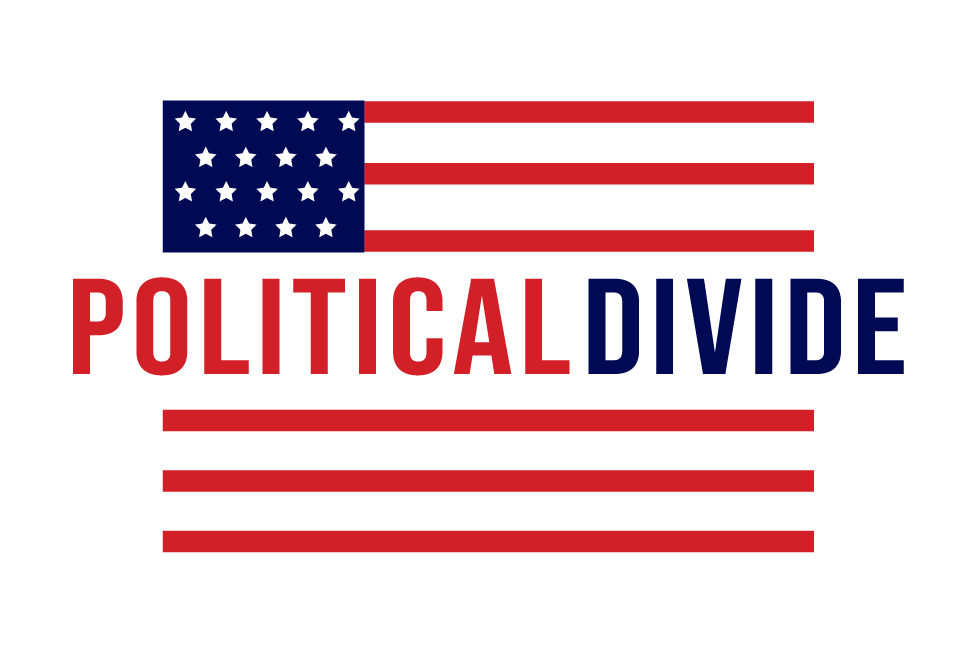
The discussion surrounding the federal minimum wage has become a focal point in conversations about economic justice and workers’ well-being. This exploration delves into the considerations and arguments surrounding the question: Should the government raise the federal minimum wage?
Introduction: Navigating Wage Disparities
The debate over increasing the federal minimum wage underscores the broader challenge of addressing income inequality and ensuring fair compensation for workers. Advocates assert that a raise is imperative to improve the standard of living for low-wage earners, while opponents express concerns about potential economic repercussions.
Living Wage and Economic Justice:
Proponents argue that raising the federal minimum wage is a crucial step toward achieving a living wage for all workers. With the cost of living steadily increasing, they contend that an upward adjustment is essential to providing individuals and families with financial stability and a decent quality of life.
Enhancing Workers’ Purchasing Power:
Supporters also emphasize the potential positive impact on the economy. By increasing the income of low-wage workers, there is an expectation that their enhanced purchasing power will stimulate consumer spending, benefiting businesses and the overall economy.
Small Business Concerns:
Critics, however, raise concerns about the potential strain on small businesses. Some argue that a significant increase in the minimum wage may lead to job cuts, reduced working hours, or increased prices for goods and services, particularly in sectors with narrow profit margins.
Regional Disparities and Flexibility:
The debate also encompasses considerations of regional economic variations. Critics of a uniform federal minimum wage increase argue that it may not account for the differing costs of living across regions, suggesting that a more flexible, region-specific approach may be more appropriate.
Policy Alternatives and Compromises:
Beyond the binary of raising or maintaining the minimum wage, the discussion extends to exploring alternative policy measures. This may involve gradual increases, indexing the minimum wage to inflation, or implementing targeted subsidies to support businesses in adjusting to higher labor costs.
Striking a Balance
The question of whether the government should raise the federal minimum wage encapsulates a complex intersection of economic, social, and policy considerations. Striking a balance between addressing workers’ financial needs and ensuring the economic viability of businesses is a challenge that requires thoughtful and comprehensive solutions. As policymakers navigate this terrain, the goal is to forge policies that promote economic justice, fair compensation, and sustainable economic growth.
